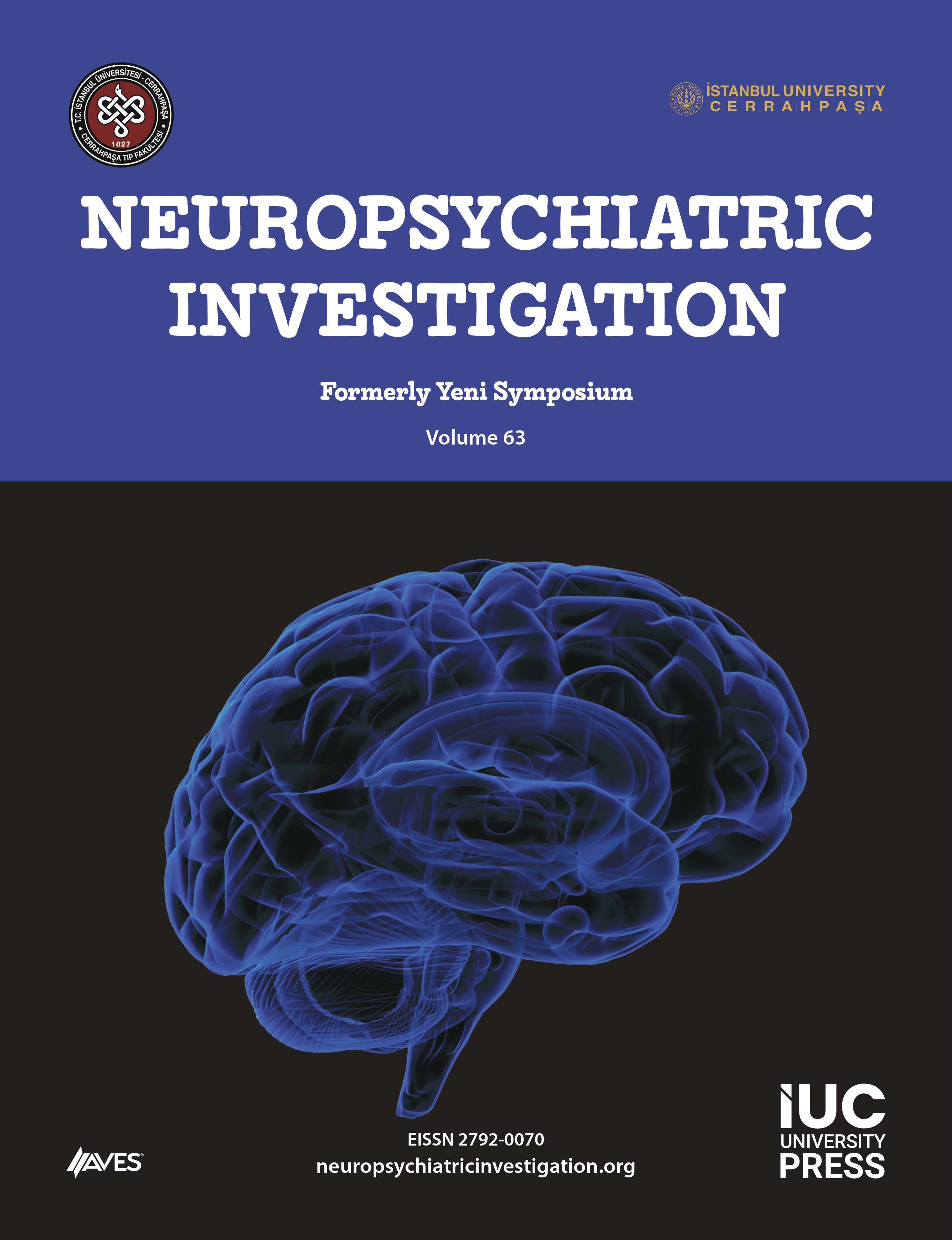Objective: There is much evidence about the development of cognitive problems from the early stages of the epilepsy. Selenium can be beneficial for cognitive function because of its lowering effect on oxidative stress. This study was aimed to evaluate the effect of selenium on the cognitive performance of patients with epilepsy.
Methods: Seventy patients between 20 and 65 years old with idiopathic generalized tonic-clonic epilepsy were enrolled with a simple randomized single-blind method and divided into case and control groups. The cognitive evaluation was performed by the Montreal Cognitive Assessment (MoCA) test at the beginning of study and 2 and 4 months after the treatment. The case group and control group received selenium and placebo, respectively.
Results: At 2 months, MoCA test average score was 24.49 in the placebo group and 24.91 in the case group. At the end of the fourth month, the MoCA test average score was 24.54 in the placebo group and 26.31 in the case group. These findings did not demonstrate any significant difference between groups.
Conclusion: The results of this study showed that selenium supplementation does not improve cognitive function in patients with epilepsy with mild cognitive impairment. Future studies with a longer course of trial and higher doses of selenium along with the measurement of serum selenium levels are recommended.
Cite this article as: Maghbooli M, Davallou R, Jourahmad Z, Biglari S. Effectiveness of selenium supplement on cognitive function in patients with epilepsy. Neuropsychiatr Invest. 2022;60(2):38-41.




.png)